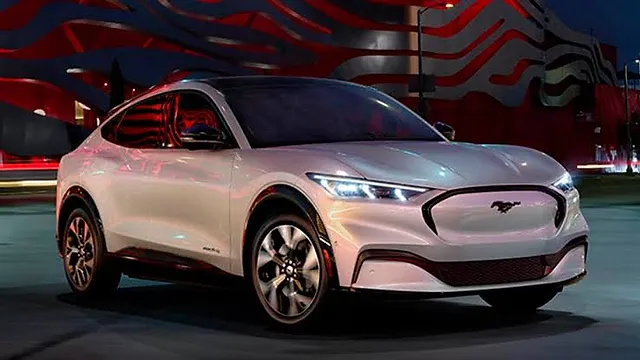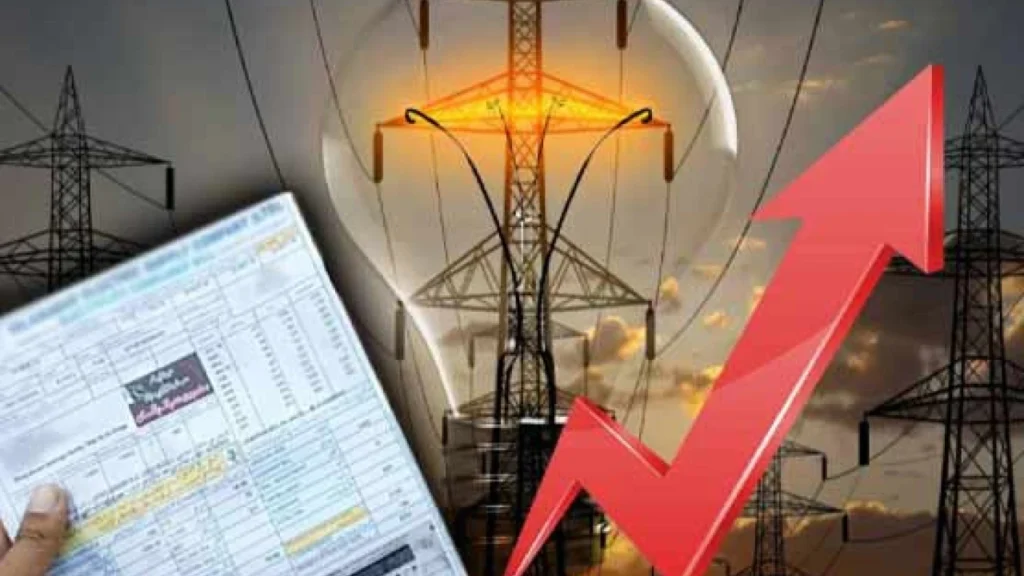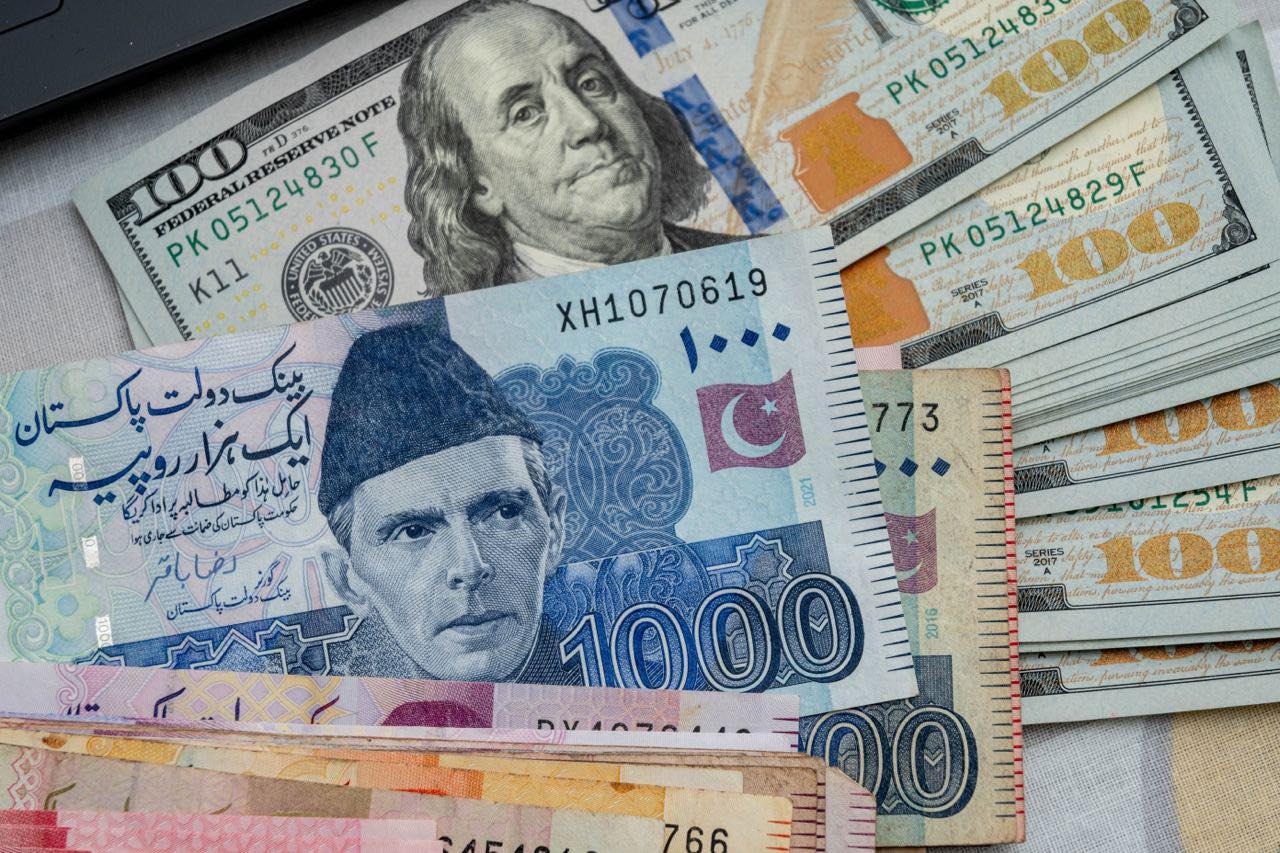The Senate Standing Committee on Industries and Production, chaired by Senator Aon Abbas, convened at Parliament House on Friday to discuss several pressing issues concerning Pakistan’s industrial sector. The meeting, which touched on topics ranging from cold storage facilities to the country’s auto and electric vehicle (EV) policies, revealed critical developments and challenges facing the nation’s economy.
One of the key points of discussion was the inclusion of cold storage facilities in the industrial sector. The matter was referred to the committee by the Chairman of the Senate, reflecting its importance for Pakistan’s agricultural and industrial growth. Cold storage is essential for preserving perishable goods, reducing post-harvest losses, and ensuring food security in the country.
During the meeting, officials informed the committee that the Economic Coordination Committee (ECC) had approved the inclusion of cold storage as part of the industrial sector. The matter has now been forwarded to the Cabinet for final approval. This move is expected to provide a significant boost to Pakistan’s agricultural sector by offering affordable electricity rates and reducing costs for businesses reliant on cold storage.
The committee also received a briefing on Pakistan’s Auto Policy, which has seen significant progress over the years. Officials noted that 13 automobile companies are currently operating in the country, a considerable increase from the three companies present before the implementation of the 2016-21 Auto Policy. As a result, the industry now boasts an annual production capacity of 500,000 units across more than 40 models with over 100 variants.
These companies contribute approximately 4% to Pakistan’s Gross Domestic Product (GDP), generate over two million jobs, and pay Rs 300 billion in taxes annually. The influx of new players into the market has diversified the automotive landscape and increased competition, benefitting consumers.
Under the 2021-26 Auto Policy, the Ministry of Industries and Production has introduced WP-29 safety regulations for auto manufacturers. These internationally recognized safety standards aim to improve vehicle safety and align Pakistan’s automotive industry with global practices. While most manufacturers have complied with these regulations, Suzuki has been an exception. The company has opted to discontinue three non-compliant variants and redesign the remaining three to meet WP-29 standards.
During the meeting, Senator Saifullah Sarwar Khan Nyazee raised concerns about the production of vehicles that do not adhere to safety regulations. He questioned the accountability of manufacturers in case of accidents involving non-compliant vehicles, emphasizing the need for strict enforcement of safety standards.
Another critical issue discussed during the meeting was the export target set by the government for auto manufacturers. The Ministry of Industries and Production has set a 7% export target for the 2024-25 fiscal year, aiming to boost the country’s export revenues. However, auto manufacturers have obtained a court stay order, arguing that they will be unable to meet this target.
Senator Saleem Mandviwalla expressed his concerns over the quality of cars produced in Pakistan, noting that they often do not meet international standards. He highlighted the difficulty in finding suitable export markets for these vehicles, further complicating the government’s export ambitions.
The committee also addressed the issue of delayed vehicle deliveries, a persistent problem in Pakistan’s automotive sector. Senator Aon Abbas highlighted that several major car manufacturers, including Honda Atlas Cars, Indus Motor, Pak Suzuki, Hyundai Nishat Motors, and Kia Lucky Motors, have collectively paid approximately Rs 5.32 billion in compensation to customers for delays exceeding 60 days.
The senator stressed the need for transparency and accountability in these matters. He directed the relevant authorities to provide a detailed breakdown of the amounts paid, the models of cars involved, and the duration of delays. This information will help assess whether the compensation provided justifies the inconvenience caused to customers.
Moreover, the committee recommended the development of a universal mechanism that would enable consumers and concerned departments to conduct real-time checks on car manufacturers. This would ensure greater oversight and prevent malpractices in the industry.
As the world moves towards greener energy solutions, Pakistan has introduced an Electric Vehicle (EV) policy to combat climate change and diversify the automotive sector. The committee discussed the incentives offered under this policy, which include a 1% customs duty on EV parts compared to 30% on traditional vehicle parts. Additionally, EV tariffs range from 5-10%, significantly lower than the 25-30% tariffs on conventional vehicles.
These measures have been implemented to attract global EV manufacturers to Pakistan. However, Senator Saleem Mandviwalla emphasized the importance of developing EV-friendly infrastructure in the country. He warned that without the necessary infrastructure, the EV sector would struggle to sustain itself, limiting its potential impact on Pakistan’s economy and environment.
To address these concerns, the committee formed a three-member sub-committee, chaired by Senator Saifullah Sarwar Khan Nyazee, to analyze the country’s EV policy. The sub-committee will evaluate the existing infrastructure, identify gaps, and recommend strategies to build a robust support system for the growing EV market.




